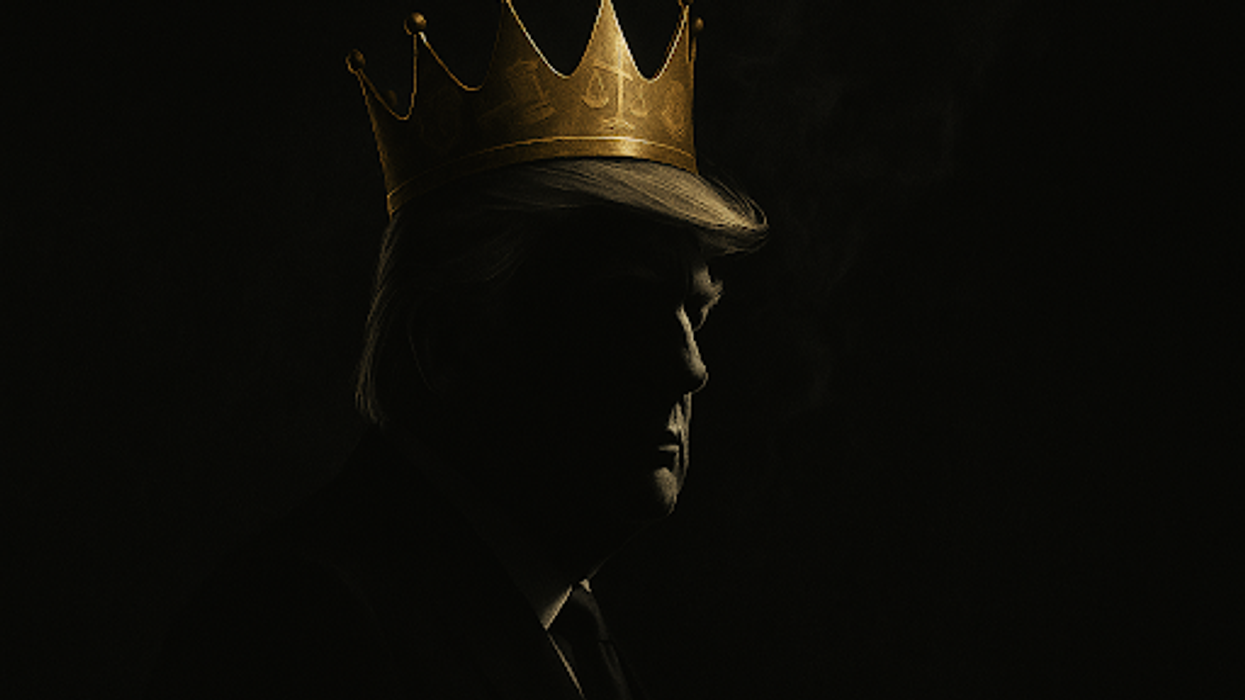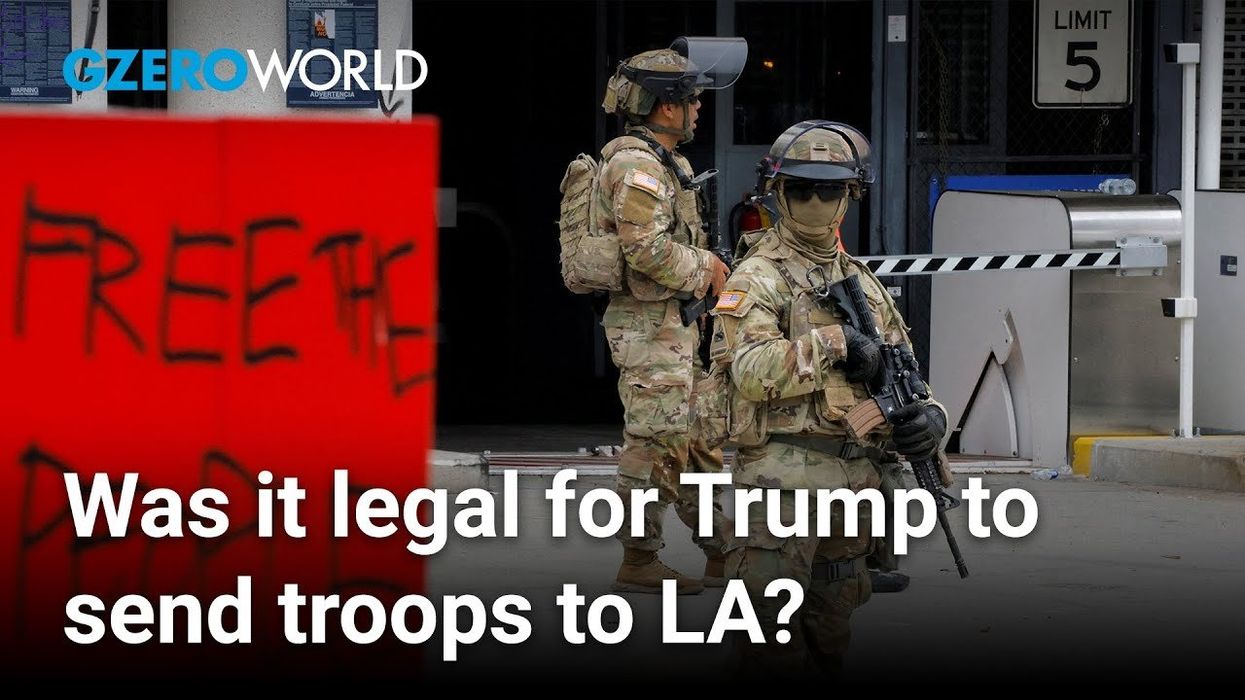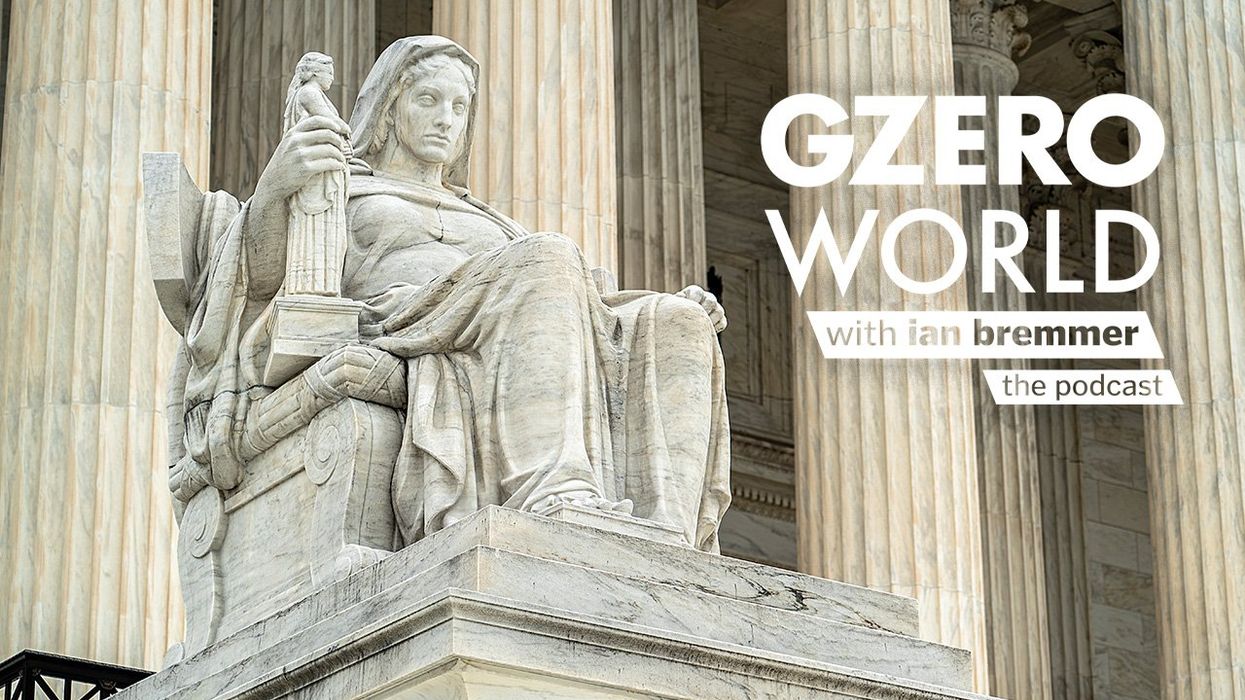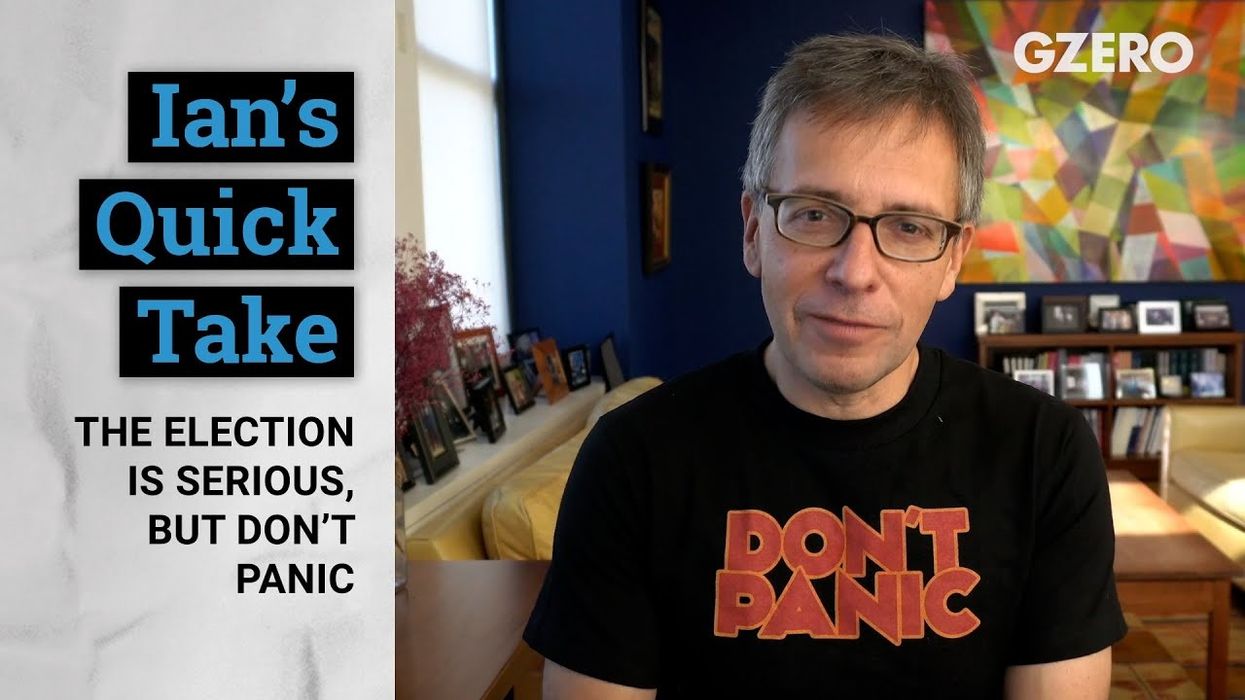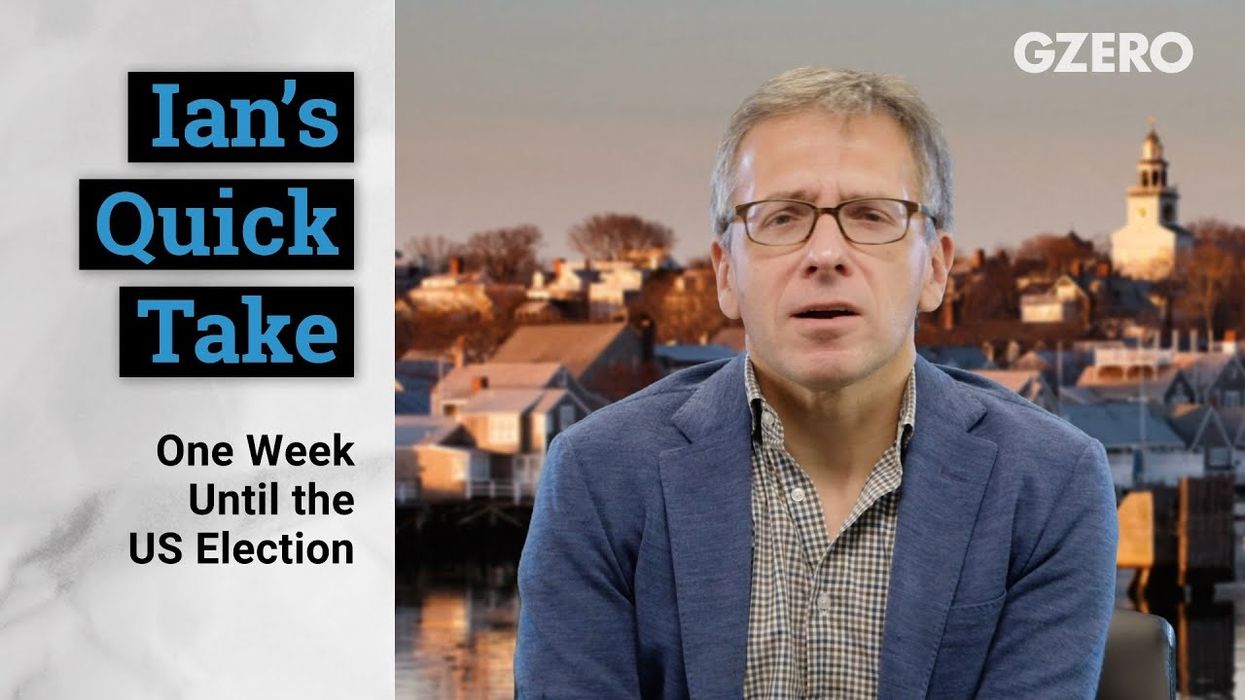by ian bremmer
Trump is leading a political revolution. Will he succeed?
The biggest story of our G-Zero world, Ian Bremmer explains, is that the United States – still the world’s most powerful nation – has chosen to walk away from the international system it built and led for three-quarters of a century. Not because it's weak. Not because it has to. But because it wants to.
Oct 22, 2025
